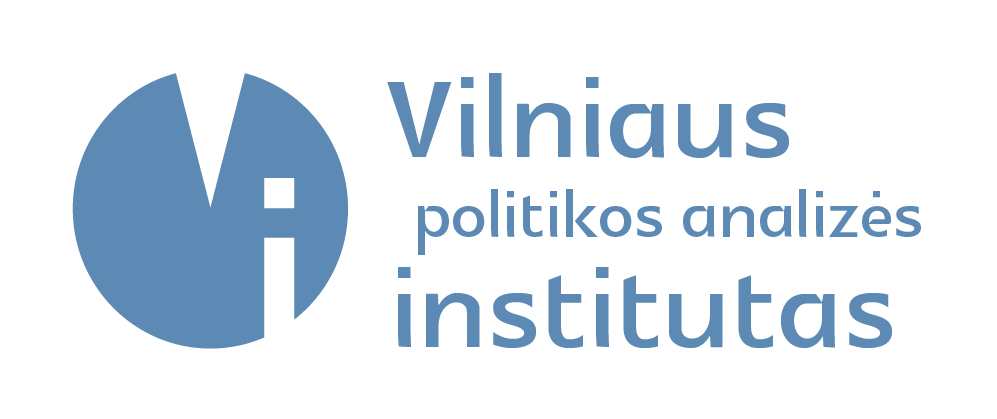
VILNIUS CONSULTATIONS 2020
PROGRAMME
SEPTEMBER 22, 11:00 A.M. (EEST)
UPDATING THE MEANING OF GRIT: HOW MUCH OF CIVIL UNREST IS ENOUGH TO OVERTHROW THE REGIME
Protests of unprecedented scope and mass industry strikes are taking place in Belarus, a country which since 1994 was ruled by Alexander Lukashenko. Never before post-election repressions in Belarus have produced even more stamina and patience, and never before protesting Belarusians have received international support of this scope. Peaceful protests of women with flowers and singing lullabies hacked the logic of power structures, organising solely through social media and decentralisation of protests have left external and internal actors in awe. With leadership of the protests unclear and with no prior free parliamentary structures it is still unclear how civil unrest can transform into political structure.
MODERATOR:
Vadim Vileita, Journalist, Interpreter and Political Commentator
PANELISTS:
Viktorija Rusinaitė, Head of European Security Programme, Vilnius Institute for Policy Analysis
Artyom Shraibman, Belarusian Political Analyst, Contributor for TUT.BY and Carnegie.ru
Anaïs Marin, UN Special Rapporteur on the human rights situation in Belarus
SEPTEMBER 17, 4:00 P.M. (EEST)
EMERGENT HYBRID STRATEGIES IN PANDEMIC ERA
Corona virus lockdown, loss of jobs and overheating of healthcare systems in some countries has exposed new vulnerabilities in the sphere of societal security in Europe. The rapid spread of global conspiracies about secret forces behind the pandemic, so called info-demic, influence operations masking as assistance from external actors – have been characteristic of this new situation. With situation in Belarus heating, and emerging evidence of Kremlin’s hybrid interference, this panel will discuss the strategies of reaction and deterrence of newly emerging hybrid threats.
MODERATOR:
Donatas Puslys, Head of Media and Democracy Programme, Vilnius Institute for Policy Analysis
PANELISTS:
Marius Laurinavičius, Senior Expert, Vilnius Institute for Policy Analysis
Eric Povel, Programme Officer, Afghanistan, Belgium, Germany, The Netherlands, Estonia, Latvia, Lithuania, NATO PDD
Susanne Spahn, Independent Researcher
Marcus Kolga, Senior Fellow at the Macdonald-Laurier Institute
SEPTEMBER 11, 11:00 A.M. (EEST)
CHANGING NATURE OF U.S. GLOBAL LEADERSHIP: IMPLICATIONS FOR RESILIENCE IN THE NATO'S EASTERN FLANK
Transatlantic alliance has been the main pillar of US foreign policy, and US leadership has been greatly appreciated in the NATO’s Eastern Flank. Sudden withdrawal of US from Syria leaving Kurdish forces vulnerable was unintentional but quite a painful reminder for the Baltic States of their own situation in 1945 and might have left some questions unanswered for non-NATO allies. Trump-Biden scandal on Ukraine exposed how internal issues of the US might plague important foreign policy issues. Recent troop withdrawal from Germany (though resettling some of them across Europe) also raise questions. Global approval of US leadership in the world has declined dramatically since the election of Donald Trump. What kind of challenges these trends present to NATO’s Eastern flank and European Union? Is the role of US leadership in European resilience to external threats is changing and if it is, how?
KEYNOTE:
Edward Lucas, Non-Resident Senior Fellow at CEPA
MODERATOR:
Emilija Pundziūtė-Gallois, Fellow at CERI, Sciences Po
PANELISTS:
Martin Svárovský, Head of Security Strategies Program at European Values Center for Security Policy
Žaneta Ozoliņa, Professor of International Relations in the Department of Political Science, University of Latvia
SPEAKERS

EDWARD LUCAS
„The EU cannot realistically expect to play the first violin on the world stage. But it can aim to be the second brightest star.“
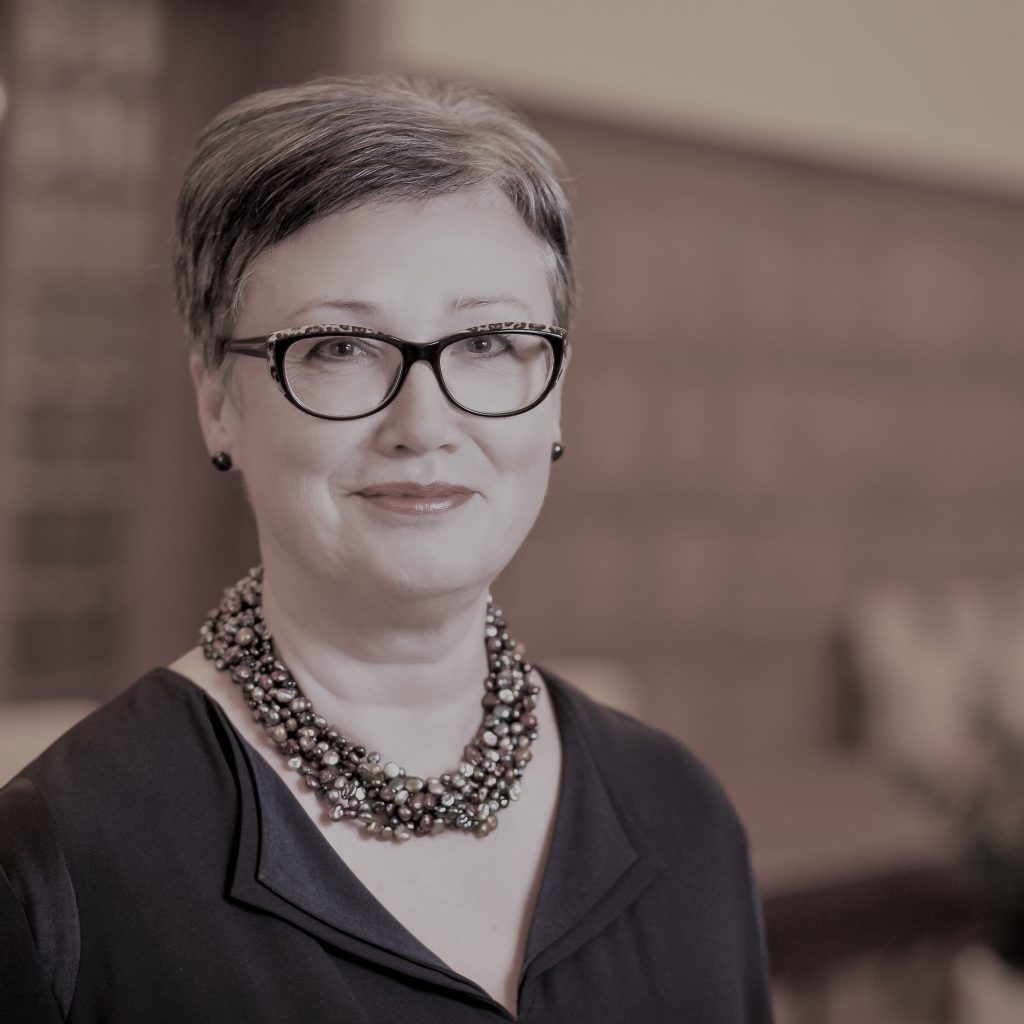
ŽANETA OZOLIŅA
„For the Baltic States the U.S. leadership is an evidence of the credibility of the transatlantic community. In the situation when the U.S. global role reached its lowest point the question is – whether Europe is willing to take responsibility over Euro-Atlantic security.“

MARTIN SVÁROVSKÝ
„The concept of great-power competition is not against the interests of the NATO Eastern Flank countries. On the contrary, if played right, the NATO Eastern Flank can gain from this competition.“

VIKTORIJA RUSINAITĖ
„The main purpose of modern historical revisionism is not to challenge historical truth but to prove that the sovereignty of small states depends solely on the mercy of the aggressors.“
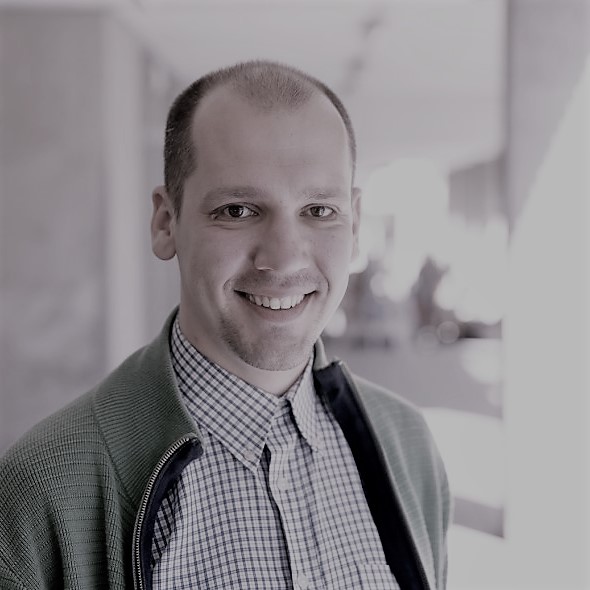
DONATAS PUSLYS
„When facing the challenges of cyber attacks, private data breaches and disinformation, it is important not only to know the enemy we are fighting but also remember the values we are protecting.“
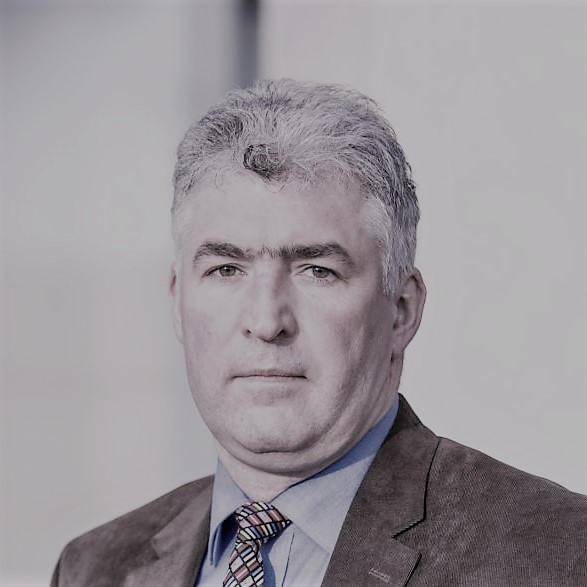
MARIUS LAURINAVIČIUS
„Meddling into the domestic political processes of foreign states by Russia has become the new reality of the modern world.“
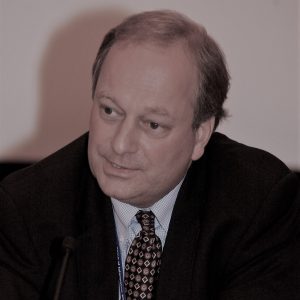
ERIC POVEL
„Hybrid campaigns are not magic. They can be detected, deterred, and defeated. NATO’s Counter Hybrid Strategy forms the basis for a comprehensive response in three phases: “prepare, deter, defend”.
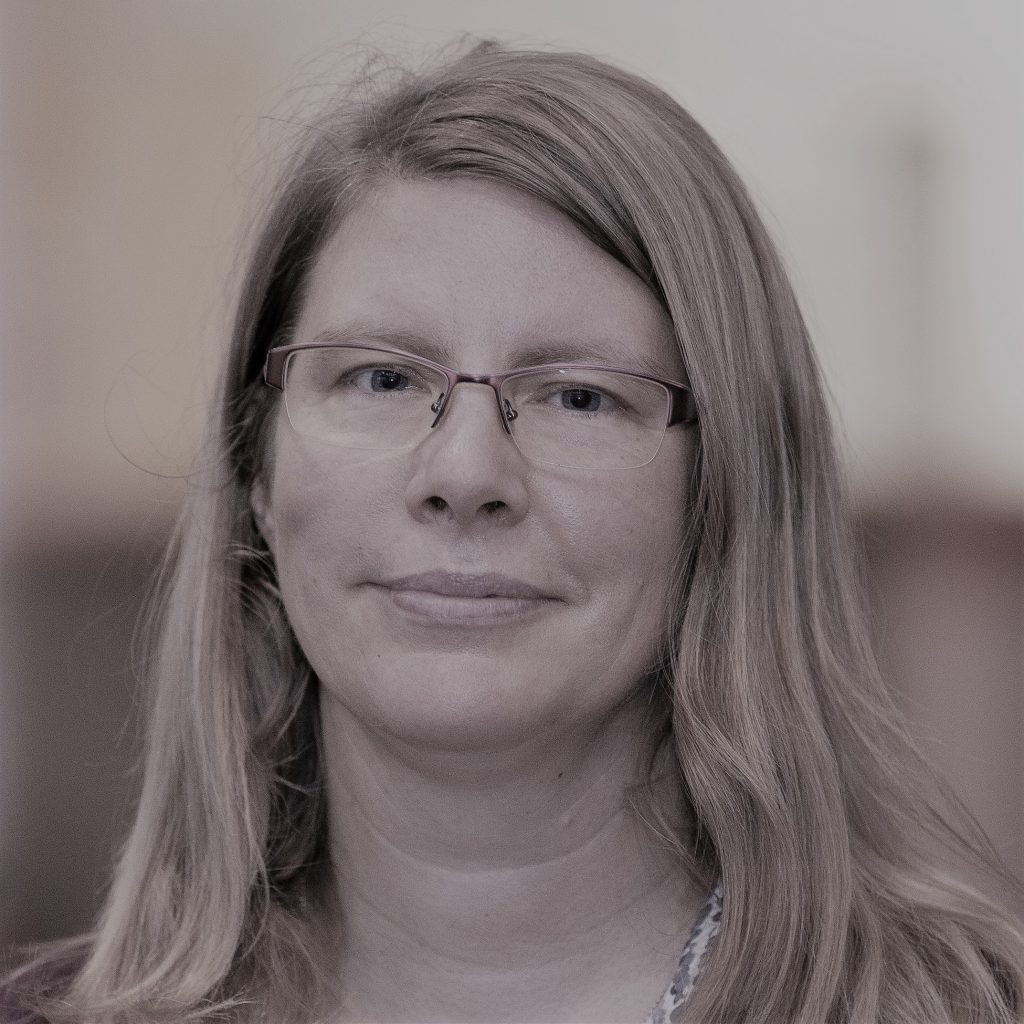
SUSANNE SPAHN
„Corona or migrants – Russian media use every crisis to present our government as helpless and predict the collapse of Germany.“

EMILIJA PUNDZIŪTĖ-GALLOIS
„As we read multiple signals that the role of the US leadership should evolve, it is very important to anticipate and to prepare our own strategies for the security of Europe.“

ARTYOM SHRAIBMAN
„Future history textbooks of Belarus will look at the 2020 protests as the watershed moment, which divided the country’s path into before and after.“

MARCUS KOLGA
„Russian disinformation is not only a growing national security issue but one that can actually threaten our public health. As our information environment continues to be poisoned by Kremlin bots and trolls, it turns out that they’re also making us sick, literally.“
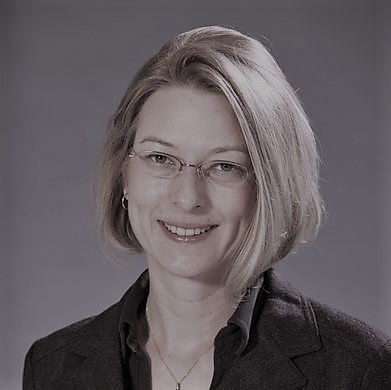
ANAÏS MARIN
„Belarusian society in recent months has evidenced a capacity for civil resilience that is a source of inspiration for all those in the world who aspire to respect for their fundamental rights.“
This project is supported by NATO’s Public Diplomacy Division


